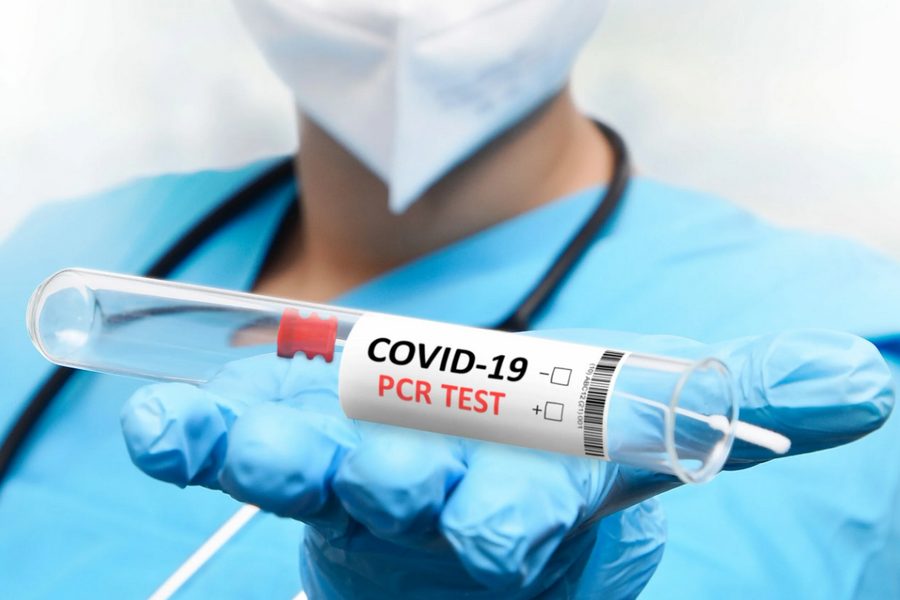The world is still suffering from the impact of COVID 19 which happened almost three years back but the people still need to undergo COVID test to determine if its regular flu or its the virus. The Common COVID-19 Test Types (H1) is a test that has been used for many years to determine if a person has the virus. The test was originally developed to detect the H1N1 strain of influenza, but it’s since become a staple in the medical industry.
The COVID-19 test is one of the most common tests done on patients in emergency rooms or doctor’s offices across the country and it can be easily done as home PCR test. However, it isn’t without its drawbacks. Here are some of the pros and cons of using this test:
Common Covid-19 Test Types
Saliva Test
This type of COVID-19 test does not require any blood or urine samples from you. Instead, the doctor will use a swab to collect a saliva sample from your mouth and then send it to a lab for testing. This type of test is often used on children who cannot provide blood samples or urine samples because they are too young or sick.
Nose Swab Test
This type of COVID-19 test does not require any blood or urine samples from you. Instead, the doctor will use a swab to collect mucus from inside your nose and then send it to a lab for testing. This type of test is often used on children who cannot provide blood samples or urine samples because they are too young or sick.
Rt PCR
Assay (real time polymerase chain reaction assay). In this type of common COVID-19 test, doctors will take blood samples from you and then send them off for testing in a lab using special equipment called real time PCR machines.
Pros
It’s fast and convenient – This test can be done quickly, so it’s perfect for people who need an accurate result right away. It doesn’t require any special equipment and can be administered by anyone trained to use it properly, which makes it ideal for busy emergency rooms and doctors’ offices.
Cons
Not always accurate – While this test is often accurate when performed correctly, there are certain situations where it could give a false positive or negative result. For example, if someone has recently received another vaccine or had their blood drawn within 24 hours before taking this test, they could get a false positive result because their immune system would have already created antibodies against COVID.
When the test is done by a reputed home health care Dubai, the results are accurate.

I am Administrative Assistant with eight years of experience working alongside the executive team.


